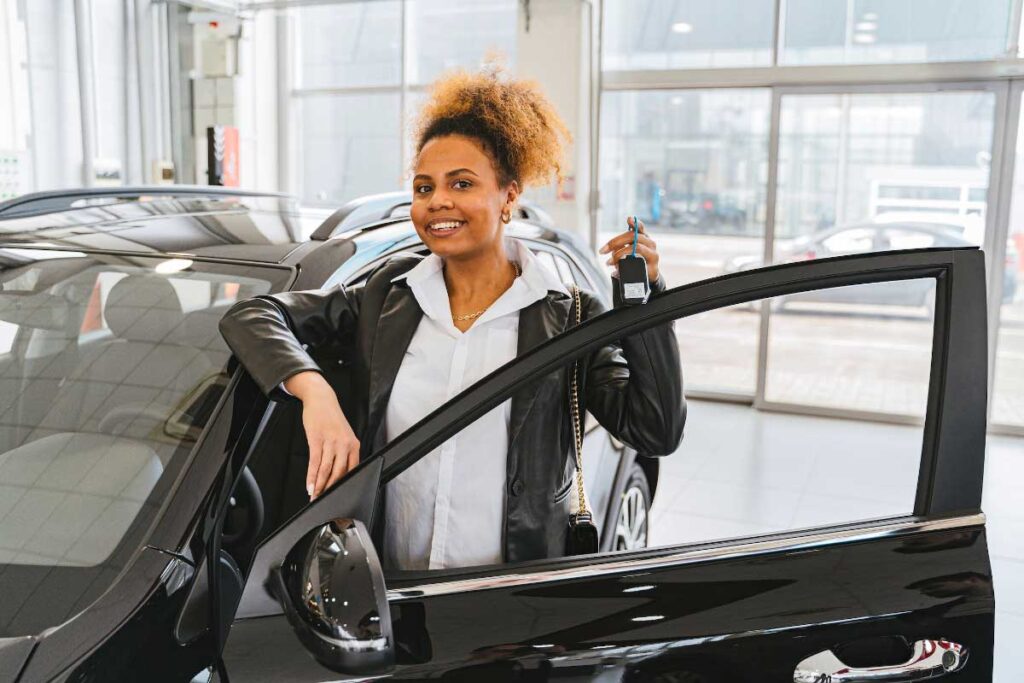In the past, owning a car was a nice thing to be able to do, but it wasn’t essential. Today, for a lot of people, at least, things have definitely changed, and owning a car has become a must. Whether it’s because of living in a rural area, not being able to rely on public transport, working shifts, or just needing to have the freedom to come and go as you please, the fact is that more people need a car than not, which then leads to financial considerations because cars are not cheap to buy or to run.
Luckily, car ownership, whether it’s for you or a family member, is not impossible, and there are lots of useful financial tips to try out to ensure you’re only spending what you really need to spend on a vehicle. With that in mind, keep reading to find out what some of those tips are.

Pay A Bigger Deposit
While it might be tempting to pay as little as possible when it comes to your deposit on a new car and spread the cost over a long period of time, that’s not necessarily the best option, and it will certainly mean you end up paying more by the time you pay the vehicle off, thanks to interest charges on any loan you might take on.
It’s far better to pay as large a deposit as you can because the reduces how much you’ll pay each month, how long you’ll be paying for, and you’ll have less interest to pay as well. All in all, even though it might take longer to save up and might feel like more of a wrench when you pay a big deposit, there are more benefits than downsides when it comes to your finances.
Do Your Research
When you only have a certain amount of money to spend, as most people who are buying a car will have, you’ll want to ensure you’re getting the best value car for the money. Make sure you research everything about the various makes and models you’re interested in to find out which one is the best buy for your personal needs, and you’re more likely to get a good deal rather than regret the purchase soon as you make it (at which point, there’s not a lot you can do about it).
Don’t stop doing research even after you’ve worked out which car is best for you. You can use a site like Edmunds to find examples of that exact car and see what the best price is before you commit to anything. All these checks and balances should mean you get the right car at the right price, and you might be able to save yourself a lot of money in the process.
Factor In Hidden Costs
There’s the cost of buying the car that’s going to be obvious right from the start, but there will be other costs as well, and they won’t be so obvious – this includes things like how much gas you’ll need to buy, what the insurance premiums are like, how expensive repair and maintenance bills would be, and so on.
The best thing to do is to factor this into your research and make sure you add it to the monthly outgoings you’re going to have to allocate to the car. It’s all very well saying you can afford the repayments, but could you still afford them when you have to pay for insurance and fuel as well? Checking these things in advance can stop you from making a costly mistake and help guide you to the right car instead.


